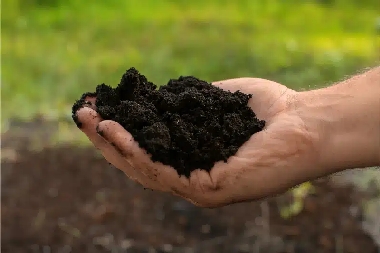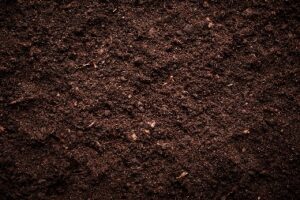Walla Walla Clay in Soil
As we look around Walla Walla, it’s clear that agriculture is a cornerstone of our community. Did you know that clay in soil plays a crucial role in how our crops grow? With the increasing need for sustainable farming practices, understanding the types of clay in soil can help us make better decisions for our land. We’re all aware that our farming industry is facing significant challenges, but at EcoGEM, we believe that solutions are within reach.
The benefits of managing clay in soil are especially important for us here in Walla Walla. As we work towards more sustainable practices, we can address issues like water runoff and soil health. With innovative products that enhance soil structure, we can create a more resilient agricultural landscape. Here are some key points about clay in soil that we should consider:
- Improves water retention in soil for better crop growth.
- Enhances nutrient availability for plants.
- Helps prevent soil erosion and degradation.
- Reduces the need for excessive fertilizers.
- Facilitates better root development.
Understanding the role of clay in soil can significantly impact our farming practices. By implementing effective soil management strategies, we can enhance our yields while being environmentally responsible. For more information on how we can assist you with your soil needs, feel free to reach out to us at (253) 348-2200 or check out our Contact Us page.
Walla Walla Soil Clay Levels
In Walla Walla, soil clay levels can greatly influence our agricultural output. As farmers, we know that different soil types, especially clay soil, can affect how well our crops thrive. Studies indicate that managing soil clay levels is essential for maintaining optimal growing conditions. This is crucial as we aim to feed a growing population and address environmental concerns.
Understanding the soil clay levels in our area allows us to tailor our farming practices to be more efficient. Here are some important considerations regarding soil clay levels:
- Monitoring soil clay levels can improve crop yields.
- Higher clay content can lead to poor drainage.
- Adjusting soil composition can enhance nutrient uptake.
- Identifying soil types helps in selecting the right crops.
- Optimal soil clay levels can reduce erosion risk.
By keeping an eye on soil clay levels, we can make informed decisions that benefit our farms and the environment. If you’re curious about how to manage your soil effectively, don’t hesitate to contact us at (253) 348-2200 or visit our Contact Us page for more details.
Walla Walla Clay Soil
Clay soil in Walla Walla is often seen as a double-edged sword. While it can retain moisture and nutrients, it can also lead to drainage issues if not managed properly. In fact, studies have shown that understanding clay soil characteristics is vital for successful farming in our region. By addressing the challenges posed by clay soil, we can enhance our farming practices and contribute to a healthier environment.
Managing clay soil effectively requires a strategic approach. Here are some key aspects to keep in mind about clay soil:
- Clay soil can hold moisture but may lead to waterlogging.
- It often requires amendments for better drainage.
- Understanding clay soil characteristics can guide crop selection.
- Gypsum can improve clay soil structure and health.
- Proper management can boost yields and soil fertility.
By focusing on the unique properties of clay soil, we can work together to improve our agricultural practices in Walla Walla. If you’re interested in learning more about how EcoGEM can help you with your clay soil needs, please reach out to us at (253) 348-2200 or check out our Contact Us page for additional information.



